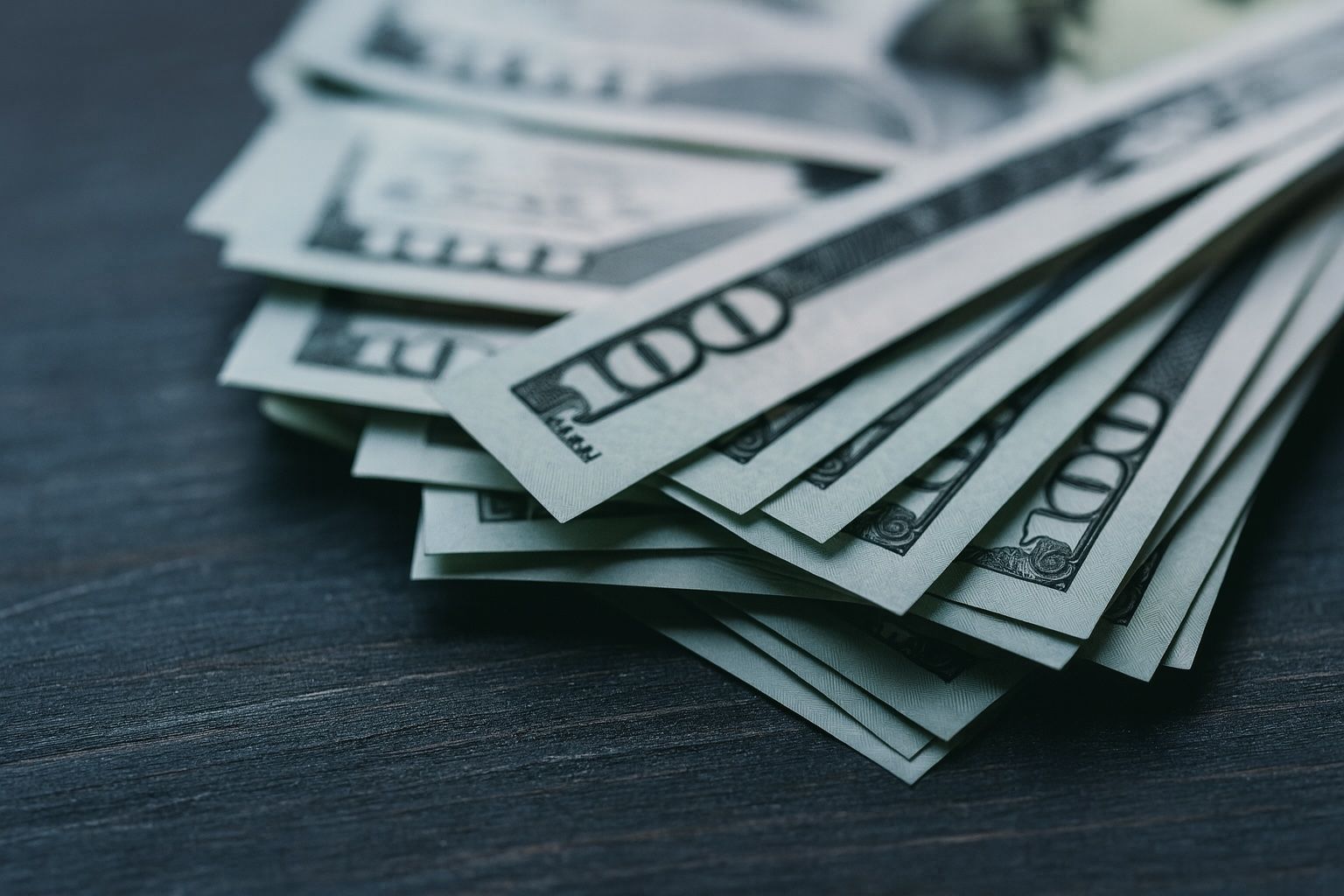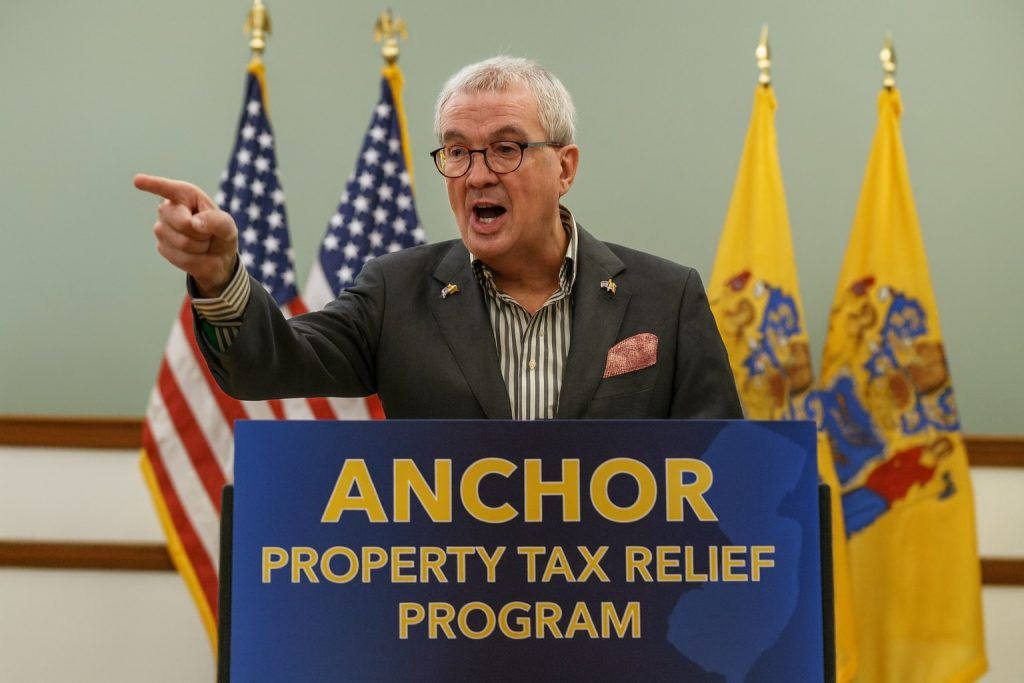- Rebate amount and eligibility: Virginia’s fiscal 2025 budget authorizes a one‑time tax rebate of up to $200 for single filers and up to $400 for married couples filing jointly. Taxpayers must have incurred 2024 Virginia income‑tax liability and file their 2024 return by 3 November 2025. Those who had no tax liability—such as low‑income residents whose income is below the filing threshold—are ineligible tax.virginia.gov wsls.com.
- Deadline and distribution: Returns filed before 1 July 2025 will have rebate payments processed by 15 October, and checks should arrive by the end of October governor.virginia.gov. Taxpayers who received their original refund by direct deposit will receive the rebate the same way; others will get a paper check tax.virginia.gov. The rebate may be offset to cover unpaid state or local debts tax.virginia.gov.
- Reason for rebate: A string of multibillion‑dollar revenue surpluses—about US$10 billion over four years—enabled the state to return roughly $1 billion to taxpayers, according to Governor Glenn Youngkin governor.virginia.gov. Youngkin argues that the money “belongs to taxpayers” and credits strong job growth and prudent fiscal management governor.virginia.gov.
- Legislative compromise: The rebate was championed by the Democrat‑controlled General Assembly, which rejected Youngkin’s proposed car‑tax cut and tip‑income exemption and instead inserted a $1 billion income‑tax rebate into the budget virginiamercury.com. The final bipartisan budget also raises the standard deduction to $8,750 for single filers and $17,500 for couples and makes 20 % of the federal earned income tax credit (EITC) fully refundable virginiamercury.com virginiamercury.com.
- Criticism and political context: Analysts warn that the rebate is non‑refundable, so low‑income households with little or no tax liability may receive little or nothing wvtf.org. Critics also note that rebates timed for October tend to coincide with elections; some suggest the program is more about buying votes than long‑term tax reform wvtf.org augustafreepress.com. Supporters counter that the refunds offer immediate relief to families facing high costs for groceries and gas virginiamercury.com.
Background: Virginia’s Revenue Boom
Virginia’s 2025 tax rebates emerged from an extraordinary run of budget surpluses. Four consecutive years of higher‑than‑expected tax receipts and underspending produced about $10 billion in surplus revenue, according to the July 2025 revenue report governor.virginia.gov. General fund revenues for fiscal 2025 exceeded official forecasts by US$572 million thanks largely to strong income‑tax collections governor.virginia.gov. Governor Glenn Youngkin, a Republican, said the surpluses allowed the state to provide $9 billion in tax relief over his term and invest in education, law enforcement and mental health governor.virginia.gov. He framed the rebates as giving taxpayers back their own money, declaring that the surplus “is your money” governor.virginia.gov.
What the 2025 Virginia Tax Rebate Provides
Under the 2025 budget compromise, Virginia taxpayers who owed income tax in 2024 will receive a one‑time rebate of up to $200 for individuals or $400 for joint filers. The rebate cannot exceed a taxpayer’s actual 2024 liability; thus, someone with a $50 tax bill would receive only $50. This condition, known as non‑refundability, means low‑income residents who owe little or no state tax might not benefit tax.virginia.gov wvtf.org. The rebate matches the amounts offered in the 2022 program axios.com.
Eligibility Rules
To qualify, residents must:
- Have Virginia income‑tax liability for 2024 (after subtracting credits). Taxpayers whose sole income is Social Security, unemployment or disability benefits, or whose income falls below the filing threshold, generally will not owe state income tax and therefore will not qualify wsls.com.
- File a 2024 Virginia income‑tax return by 3 November 2025 tax.virginia.gov.
Taxpayers do not need to submit a separate application; the Department of Taxation will automatically determine eligibility based on returns. A rebate lookup tool on Tax.Virginia.gov allows residents to check whether they qualify and view their payment status tax.virginia.gov.
Distribution Timeline and Method
Returns processed by 1 July 2025 will have rebates issued by 15 October, with direct deposits or paper checks arriving by the end of October governor.virginia.gov. Taxpayers who filed after July 1 but before the Nov. 3 deadline will receive rebates on a rolling basis. Individuals who received a direct deposit for their 2024 refund will receive the rebate through the same bank account; others will receive a paper check tax.virginia.gov. Residents with outstanding debts to Virginia Tax or other state or local agencies will have the amount owed deducted from their rebate tax.virginia.gov.
Legislative Process: From Car‑Tax Cut to Broad Rebates
The rebate did not originate with Governor Youngkin. Early in 2025, the Democratic‑controlled General Assembly rejected his proposals to eliminate the state’s car tax and exempt tip income from taxation. Instead, both chambers inserted a $1 billion income‑tax rebate into the budget virginiamercury.com. Lawmakers argued that direct rebates would provide faster relief to more Virginians than the governor’s targeted cuts. The budget also raised the standard deduction to $8,750 for individuals and $17,500 for couples and made 20 % of the federal earned income tax credit refundable, meaning low‑income families can receive the credit even if they owe no tax virginiamercury.com.
A bipartisan conference committee eventually produced a compromise budget that passed the House 81‑18 and the Senate 27‑3 virginiamercury.com. Budget negotiators emphasised investment in education, health care and transportation while providing the one‑time rebates. Senator Louise Lucas said the budget aimed to provide stability in “uncertain times,” and that targeted relief would help families pay for groceries and gas vpm.org. Delegate Luke Torian, the House Appropriations chairman, added that the compromise addressed pressing needs and balanced tax relief with core services vpm.org. Ashley Kenneth of the Commonwealth Institute for Fiscal Analysis praised the refundable EITC, saying it would give families more money to spend on necessities virginiamercury.com.
Other Tax Changes in the 2025 Budget
In addition to the rebate, Virginia’s 2025 budget enacts several tax reforms:
- Increased standard deduction: Beginning in 2025, the standard deduction rises to $8,750 for single filers and $17,500 for married couples, providing tax savings for all eligible taxpayers virginiamercury.com.
- Expanded Earned Income Tax Credit: The refundable portion of Virginia’s EITC increases to 20 % of the federal credit, fully refundable for the first time virginiamercury.com. This expansion aims to boost incomes for low‑ and moderate‑income workers.
- Estimated tax threshold: The threshold for making estimated tax payments increases, reducing administrative burdens. (Other sources such as Kiplinger note that this threshold shift benefits taxpayers by delaying when they must remit estimated tax payments kiplinger.com.)
Criticism and Political Controversy
The rebate’s October release has sparked accusations of election‑year politicking. Virginia Public Radio quoted Steve Haner of the Thomas Jefferson Institute saying that “every election year they seem to be giving us a rebate that arrives around October; that’s not tax policy, that’s getting re‑elected” wvtf.org. An opinion piece in the Augusta Free Press argued that Youngkin was trying to “buy your vote,” emphasising that he repeatedly calls the rebate “your money” while using state surpluses for political gain augustafreepress.com augustafreepress.com. Critics also note that because the rebate is non‑refundable, families with little tax liability may receive minimal or no benefit, limiting its impact on the poorest Virginians wvtf.org.
Budget analysts have additional concerns. Megan Davis of the Commonwealth Institute warned that one‑time rebates are less effective than structural reforms, explaining that “non‑refundable rebates” exclude those most in need wvtf.org. Meanwhile, business‑friendly groups worry that returning money through short‑term checks rather than permanent rate cuts offers little incentive for long‑term economic growth.
Supportive Perspectives
Supporters contend that returning surplus revenue is both fiscally responsible and politically popular. Governor Youngkin insists that the rebate acknowledges that taxpayers, not the state, generated the surplus governor.virginia.gov. Some taxpayers interviewed by WSLS expressed delight at receiving extra money. One local tax preparer, David Kembel, explained that anyone who owed taxes will qualify and that the rebate can help with everyday expenses wsls.com. The Commonwealth Institute’s Ashley Kenneth emphasised that the refundable EITC and increased standard deduction will provide meaningful assistance to working families at a time of high inflation, noting that households could use the funds for groceries, gas and other necessities virginiamercury.com.
Comparing 2025 to Past Rebates
Virginia offered similar one‑time rebates in 2022, and the 2025 checks mirror those amounts (up to $200 for individuals and $400 for couples) axios.com. The 2022 rebate was part of a bipartisan budget compromise and also delivered around October. Observers note that while these checks are welcome, they differ from structural tax reforms; once the money is spent, taxes return to previous levels. By contrast, the 2025 budget’s increases in the standard deduction and refundable EITC represent ongoing changes that will affect taxpayers year after year.
How to Prepare and What to Expect
Virginians who paid income tax in 2024 should ensure their tax returns are filed before 3 November and confirm their mailing or banking information is up‑to‑date with Virginia Tax. They can check eligibility using the rebate lookup tool on the Department of Taxation’s website tax.virginia.gov. Because rebates will be reduced by any outstanding state or local debts, taxpayers should address overdue balances early tax.virginia.gov. Households receiving direct deposit refunds will get the rebate directly in their bank accounts, while others will receive a paper check in the mail tax.virginia.gov.
Conclusion
Virginia’s 2025 tax rebate reflects a rare moment of budgetary plenty. Multi‑year surpluses and a bipartisan bargain allow the state to send hundreds of dollars back to many households, while simultaneously increasing the standard deduction and expanding the EITC. For many families, the checks arriving in October will provide welcome relief at a time of stubbornly high living costs. Yet the program’s limited refundability and timing have drawn criticism that it functions more as an election‑season gesture than a coherent tax policy. Whether future budgets will continue offering one‑time rebates or pivot to longer‑term reforms remains to be seen, but for now, eligible Virginians can expect up to $400 returning to their pockets this fall.
In summary, the report explains that Virginia will issue one-time tax rebates of up to $200 for single filers and $400 for joint filers in 2025, financed by multi-billion-dollar revenue surpluses and designed to return tax dollars to those who owed state income tax. It clarifies eligibility rules—taxpayers must have incurred 2024 Virginia tax liability and file by November 3, 2025—and outlines how rebates will be distributed via direct deposit or paper checks, with amounts reduced to cover any outstanding state or local debts tax.virginia.gov.
The report also delves into the political and economic context behind the rebates. It notes that the Democratic-controlled legislature opted for broad rebates rather than Governor Youngkin’s targeted car-tax cuts, while simultaneously increasing the standard deduction and expanding the refundable earned income tax credit virginiamercury.com. Although supporters view the rebates as a welcome relief that returns surplus funds to citizens, critics argue that the payments are non-refundable and timed to influence elections, offering limited benefit to low-income residents wvtf.org. The piece concludes by highlighting the mixed legacy of such rebates and questioning whether they represent genuine tax reform or election-year politics.









